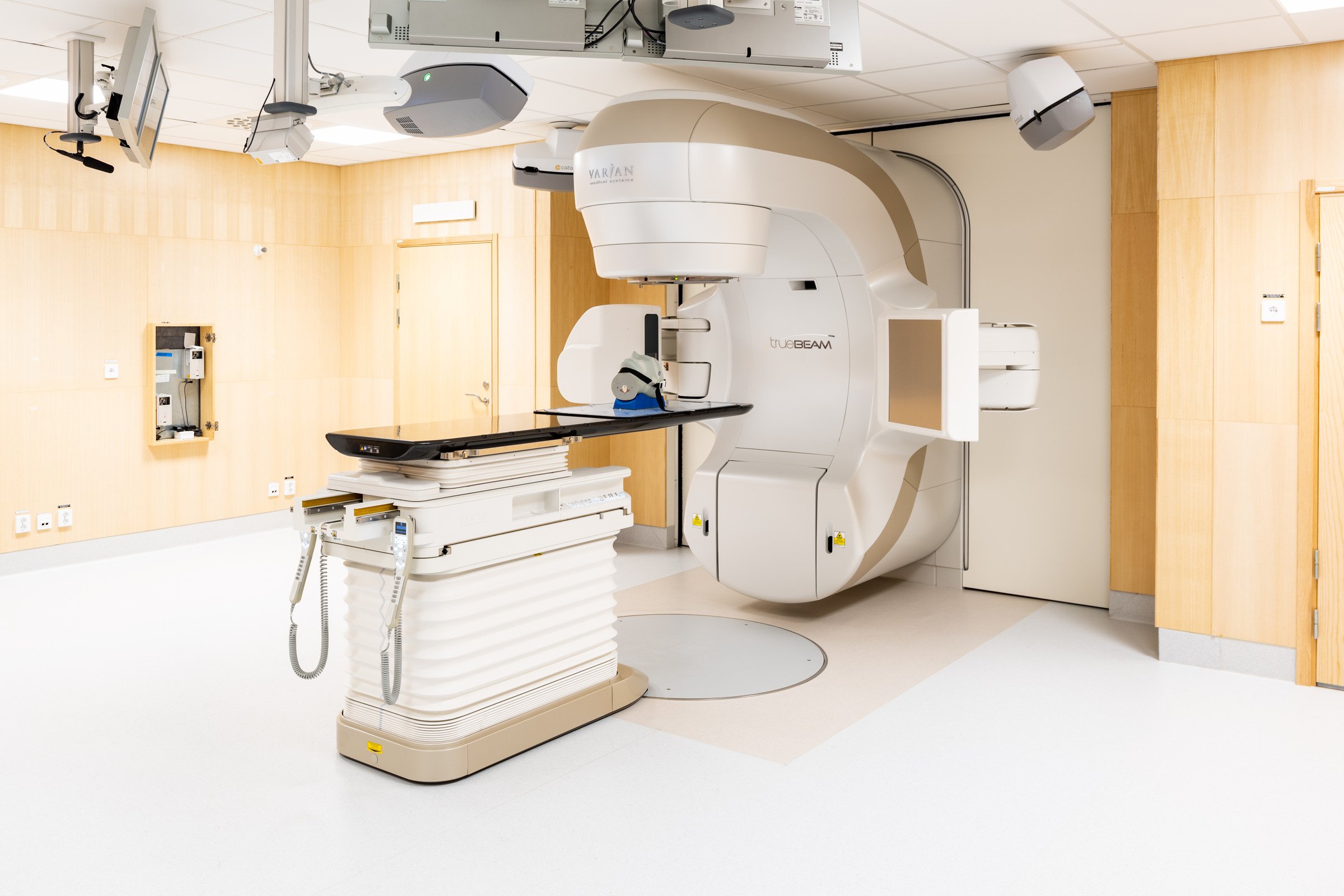Ovarian Cancer
Most women who get ovarian cancer are between 40 and 70 years old. Due to a lack of symptoms at the early stage of the disease, many patients are diagnosed at a later stage, impacting the prognosis negatively. The majority of ovarian cancers develop without apparent causal factors other than age. However, a family history of ovarian cancer, breast cancer, or endometriosis are some of the risk factors behind ovarian cancer.
The research field in ovarian cancer is rapidly moving forward, and new treatment options are being introduced. New breakthroughs in preclinical and clinical trials call for an active group of physicians, nurses, medical staff, and scientists that quickly adapt to new knowledge. Flexibility and creativity are part of our daily work to adjust and personalize the treatment for the patient.
